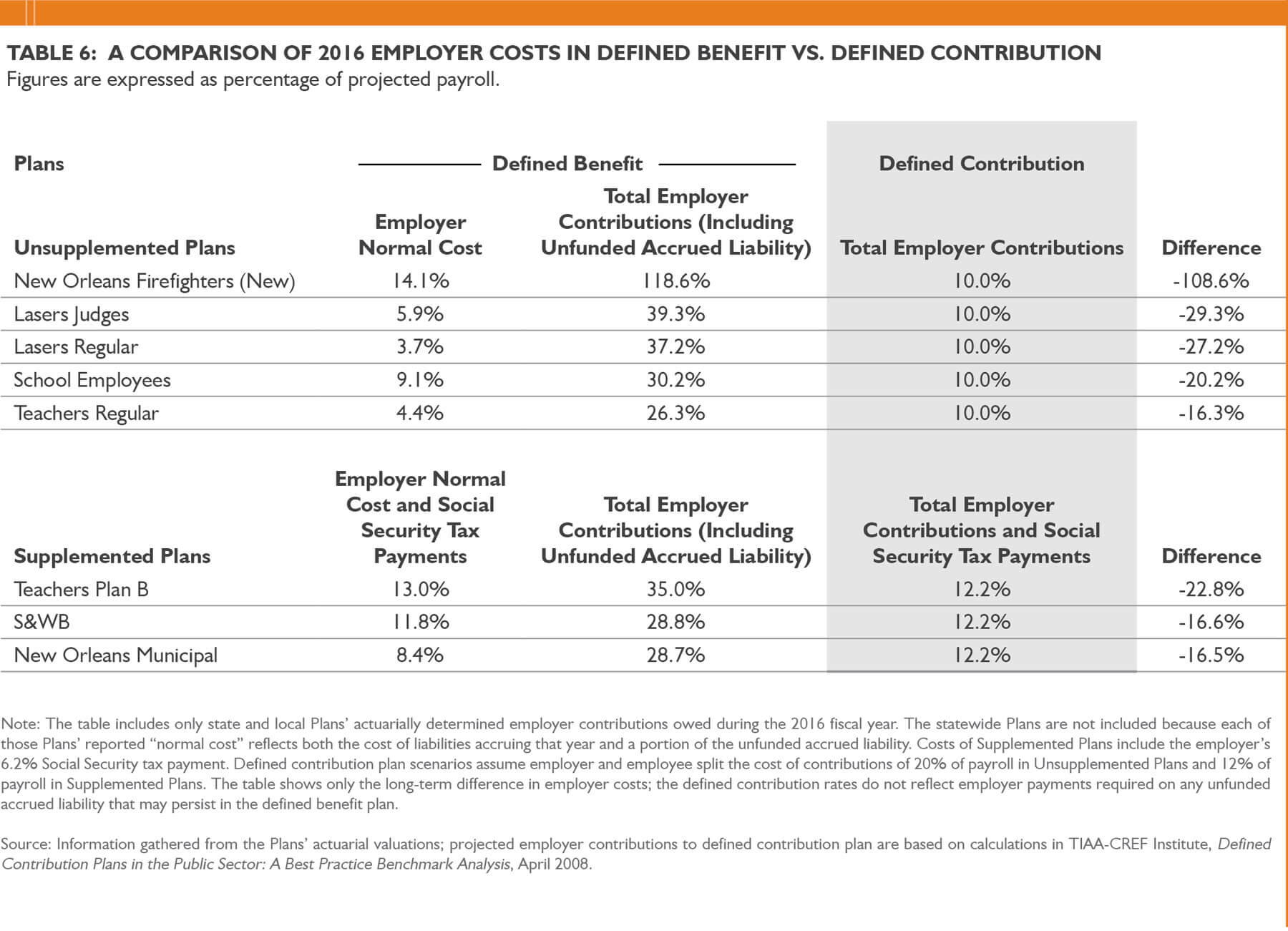

Finance
How Many Schools Teach Basic Money Management?
Published: February 28, 2024
Discover how many schools offer basic money management courses to help students gain essential finance skills for their future success. Explore the importance of financial education in schools.
(Many of the links in this article redirect to a specific reviewed product. Your purchase of these products through affiliate links helps to generate commission for LiveWell, at no extra cost. Learn more)
Table of Contents
Introduction
Understanding the fundamentals of money management is an essential life skill that significantly impacts an individual’s financial well-being. From budgeting and saving to understanding credit and investing, the ability to make informed financial decisions is crucial for navigating the complexities of the modern economy. However, despite its importance, many individuals lack the necessary knowledge and skills to effectively manage their finances. This raises a critical question: How many schools teach basic money management?
Financial literacy is not just a personal matter; it’s a societal issue. The lack of financial education can lead to a myriad of challenges, including high levels of debt, poor credit management, and inadequate retirement planning. As such, the role of schools in providing financial education is increasingly being scrutinized. This article aims to explore the current state of financial education in schools, the importance of teaching basic money management, the challenges involved, and potential strategies for improving financial education to equip students with the skills they need to thrive in an increasingly complex financial landscape.
Importance of Teaching Basic Money Management
Teaching basic money management in schools is crucial for equipping students with the knowledge and skills necessary to make sound financial decisions throughout their lives. The ability to effectively manage money is a fundamental aspect of personal responsibility and empowerment. By instilling financial literacy at an early age, students can develop a strong foundation for making informed choices regarding saving, spending, and investing.
Financial literacy education also plays a significant role in addressing broader societal issues. It can help mitigate the impact of debt and financial hardship, reduce the likelihood of predatory financial practices, and contribute to overall economic stability. Moreover, by fostering a culture of financial responsibility, individuals are better positioned to contribute to their communities and the economy at large.
Furthermore, teaching basic money management in schools can have a lasting impact on students’ future prospects. It can empower them to pursue higher education without being burdened by excessive student loan debt, enable them to make informed decisions about homeownership, and provide the necessary skills to plan for retirement effectively. Ultimately, financial education is an investment in the future financial well-being of individuals and society as a whole.
Current State of Financial Education in Schools
The current state of financial education in schools varies widely, with some institutions incorporating comprehensive financial literacy programs while others offer minimal or no instruction in this critical area. According to a report by the Council for Economic Education, only 21 states in the U.S. require high school students to take a course in personal finance. This indicates a significant gap in financial education across the country, leaving many students ill-prepared to navigate the complexities of the modern financial landscape.
Even in schools where financial education is offered, the depth and quality of the curriculum can vary. Some institutions may provide basic financial literacy lessons as part of a broader course, while others may offer dedicated courses focusing on personal finance, budgeting, and investing. However, the prevalence of comprehensive financial education programs remains limited, leaving many students without the necessary skills to manage their finances effectively.
Furthermore, the delivery of financial education can be inconsistent, with some educators lacking the training and resources to effectively teach these concepts. As a result, students may receive uneven exposure to essential financial topics, leading to disparities in their level of financial literacy.
It is evident that the current state of financial education in schools is characterized by disparities and inadequacies, highlighting the need for a more standardized and comprehensive approach to equipping students with essential money management skills.
Challenges in Implementing Financial Education
While the importance of financial education in schools is widely recognized, several challenges hinder its effective implementation. One significant challenge is the crowded curriculum, as schools are tasked with covering a broad range of subjects within limited time frames. This can result in a lack of dedicated instructional hours for comprehensive financial literacy programs, leading to a superficial treatment of money management concepts or their omission altogether.
Additionally, the qualifications and training of educators in the realm of financial education pose a challenge. Not all teachers have expertise in personal finance, and professional development opportunities in this area may be limited. As a result, educators may feel ill-equipped to deliver high-quality financial education, further exacerbating the disparities in the delivery of these essential concepts.
Another challenge lies in the need for relevant and engaging curriculum materials. Developing and sourcing up-to-date, interactive, and age-appropriate resources for teaching financial literacy can be a resource-intensive endeavor, especially for schools with limited budgets. Without access to high-quality materials, educators may struggle to convey complex financial concepts in an accessible and engaging manner.
Moreover, the lack of standardized assessment and accountability measures for financial education can diminish its prioritization within school systems. In the absence of mandated testing or evaluation of financial literacy skills, schools may deprioritize this aspect of education in favor of subjects that are formally assessed, perpetuating the cycle of inadequate financial education.
Addressing these challenges requires a concerted effort to integrate financial education into the curriculum effectively, provide ongoing professional development for educators, and allocate resources to support the delivery of high-quality financial literacy programs.
Strategies for Improving Financial Education in Schools
Improving financial education in schools requires a multifaceted approach that addresses the challenges outlined earlier. One key strategy is the integration of financial literacy across multiple subject areas, allowing for a more holistic and practical approach to teaching money management. By infusing financial concepts into subjects such as mathematics, social studies, and even literature, students can gain a deeper understanding of how financial principles intersect with various aspects of their lives.
Professional development for educators is essential in enhancing the delivery of financial education. Providing teachers with specialized training in personal finance equips them with the knowledge and confidence to effectively teach these concepts. Collaborations with financial institutions, non-profit organizations, and educational agencies can facilitate the development of comprehensive training programs for educators, ensuring that they are well-prepared to impart essential financial skills to their students.
Another effective strategy involves leveraging technology and interactive resources to engage students in learning about financial literacy. Digital platforms, educational games, and simulations can make complex financial concepts more accessible and enjoyable for students, fostering active participation and understanding. Integrating real-world scenarios and case studies into the curriculum can further enhance the relevance and applicability of financial education.
Advocacy for policy changes at the state and national levels is crucial for advancing financial education in schools. Encouraging lawmakers to mandate comprehensive financial literacy programs and standardized assessments can elevate the importance of these skills within the education system. Additionally, advocating for increased funding and resources for financial education initiatives can help schools overcome the challenges associated with implementing robust financial literacy programs.
Collaborations with community organizations, financial professionals, and local businesses can also enrich financial education in schools. Guest speakers, mentorship programs, and experiential learning opportunities can provide students with real-world insights into financial decision-making, budgeting, and career pathways, reinforcing the practical relevance of financial literacy.
By implementing these strategies, schools can enhance the scope, quality, and impact of financial education, empowering students with the knowledge and skills they need to navigate the complexities of personal finance confidently.
Conclusion
Teaching basic money management in schools is a vital investment in the future financial well-being of individuals and society as a whole. The current state of financial education in schools exhibits disparities and inadequacies, highlighting the need for a more standardized and comprehensive approach to equipping students with essential money management skills. While challenges such as a crowded curriculum, educator training, and resource constraints exist, implementing strategies that integrate financial literacy across subjects, provide professional development for educators, leverage technology, advocate for policy changes, and foster community collaborations can significantly improve financial education in schools.
By addressing these challenges and embracing effective strategies, schools can play a pivotal role in equipping students with the knowledge and skills necessary to make informed financial decisions throughout their lives. Empowering the next generation with financial literacy not only enhances individual financial well-being but also contributes to broader economic stability and prosperity. As advocates, educators, policymakers, and community stakeholders work together to elevate the importance of financial education, we can pave the way for a more financially literate and empowered society.














